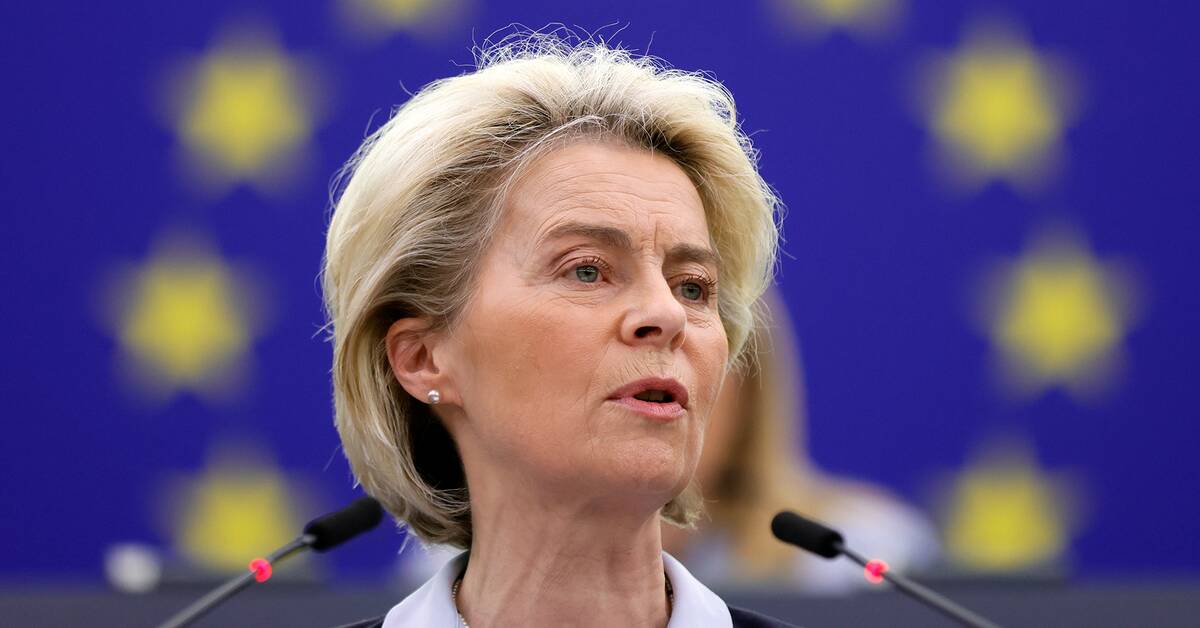"A major milestone for EU citizens," wrote Internal Market Commissioner Thierry Breton on Twitter.
The European Commission, the Council of Ministers and the European Parliament have now clearly discussed and agreed on the wording of the Digital Services Act (DSA).
The law is intended to bring about a new reality within the Union in terms of, among other things, hateful or illegal content on social media, targeted advertising and revenge porn.
In short, the EU will be able to put more pressure on companies such as Facebook, Google, Twitter, Instagram and Snapchat and hold them responsible for the content on their platforms in a completely new way.
EU leaders have repeatedly pointed out that the new law is there to protect individuals from big tech giants.
"Wild West"
What is allowed in everyday life will be allowed on the internet, but what is forbidden in everyday life will also be forbidden online, said Internal Market Commissioner Thierry Breton earlier this year and took the opportunity to call the net the "Wild West".
Companies that break the rules may be forced to pay a fine of up to six percent of their global annual income.
Companies' internal machinery, their algorithms, must also become more transparent and accessible in order to be in line with the new EU law.
In parallel with the DSA, there is the proposal DMA (digital markets act) whose goal is to regulate the market and force the major network players (Apple, Meta, Google, Amazon and more) to provide fair conditions for other companies and consumers who use their services.

